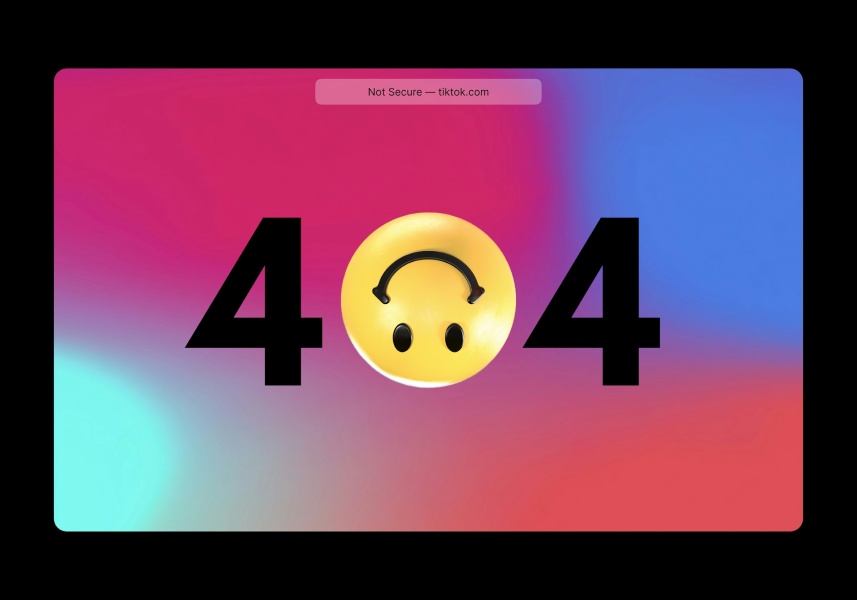- User experience (UX) and SEO feed into each other, creating a symbiotic relationship. If one is unoptimized, the other will be as well.
- A good user experience means that the people who visit your page can find everything they need, get where they’re trying to go, and use your page without issue. Google values a positive, helpful user experience.
- When a site is optimized for search engines, users will actually be able to find it – meaning that UX will not go to waste.
When SEO first began, keyword stuffing was extremely prevalent. Web architecture professionals merely needed to overload their content with popular keywords, and they would reach the top of search engine results pages (SERPs).
Since then, Google and other search engines have worked towards creating complex algorithms to discourage spammy, low-quality content from being at the top of SERPs. These algorithms are frequently updated to filter out the results that won’t serve users and ensure that the best content will rise to the top. This means that SEO is constantly adapting, too, as each business seeks to outrank its competitors.
Once, SEO was barely on the radar of many companies’ marketing departments. Today, SEO is a big chunk of many companies’ marketing budgets, and for a good reason. But you can’t just have SEO. You need to optimize your optimization, so to speak.
Meet UX: user experience design. It can greatly impact the success of your SEO efforts in every area, but it requires a thorough understanding of the relationship between UX and SEO. The quality of your UX can mean the difference between ranking on the first page of Google versus getting lost in the abyss of SERPs.
In this guide, we’ll go over what UX is, how UX and SEO feed into each other, and why you need both for the success of your website.
What is UX?
User experience design, or just UX for short, refers to how people interact with and view a web interface. Generally, it tries to make the user experience as intuitive, easily accessible, and clear as possible.
A good user experience leaves the user wanting for nothing, whereas excellent UX positively affects the visitors. They may feel more engaged and happy with your site and, therefore, more interested in or comfortable with your brand.
What is the relationship between UX and SEO?
The better the quality of your UX, the better your SEO. Suppose your UX can improve user engagement metrics and web accessibility. In that case, search engine web crawlers that aim to rank your website will more likely find your website useful and valuable for users. Result? Better SEO and ranking results.
Perhaps it is easier to understand why bad UX is bad for SEO. Imagine an unintuitive website. Confusing pictures and glaring colors make the text impossible to see. Or the site just never loads in the first place! Of course, visitors will be more likely to leave – aka, bounce.
What does the UX affect?
Bounce rate
The bounce rate is just one kind of essential user engagement metric that UX affects. SEO ups your organic traffic, which is perfect. However, if your site visitors bounce frequently and quickly after only viewing a single page, you might end up with an SEO problem.
The connection between bounce rate and Google’s algorithm is not actually direct due to content variation and industry differences. A high bounce rate doesn’t immediately mean your content is useless – it might even mean that your UX is so efficient that your user finds what they need instantly.
However, search engines do look at related, relevant metrics, such as click speed and page dwell time. So it’s important to align your bounce rate with your industry and niche, so Google doesn’t perceive your content as useless.
Page loading speed optimization
If your page takes more than three seconds to load, it is probably too slow for a majority of visitors, who will simply bounce. UX involves optimizing the speed of your site so that users won’t have to suffer slow loading speeds. It’s 2023. Unless your site has an excellent reason for being slow, people will not be patient enough.
More people abandoning your site due to slow loading can negatively impact your SEO rankings. This is another connection between your site’s UX and SEO results!
The relationship between UX and SEO
UX and SEO work together to create an engaging and user-friendly website for your users. Essentially, their sum is greater than their parts. The more effective and high effort your UX and SEO are, the better overall your website will perform.
Why does SEO need good UX?
SEO draws people into your website, which is wonderful for visibility. Often, you want to increase brand exposure and conversion rates through good SEO. You might offer useful content and calls to action to pique the interest of your site visitors.
However, a weak or poorly designed UX will likely chase your visitors away, wasting the SEO-attuned content.
Why does UX need good SEO?
Your UX job is done after simplifying navigation across your domain and creating a gorgeous, intuitive user journey. Or is it?
If your UX is a diamond in the rough, unfortunately, Google will likely still bury it in the SERPs if your content isn’t search engine optimized. It’s important to have good UX and good SEO.
How can you optimize both your SEO and UX?
There are plenty of ways to optimize your website for the search engine and for user experience, but it can be tricky.
To ensure that everything is optimized across the board, creating content guidelines is a good idea. This provides consistent branding and messaging, which clears things up for your visitors. It can also keep your content engaging and aligned with your marketing.
Guidelines should include things such as your brand voice, style, colors, and tone. The more unity, the better. It facilitates the connection between your brand, your UX, and the content you create for your search engine-friendly audience.
Redefine your marketing today
Our experts at Redefine Marketing Group are here to combine creativity with technical expertise, bringing you the best of both worlds. With great UX and SEO capabilities, we can help you grow your brand, organic traffic, and audience.





